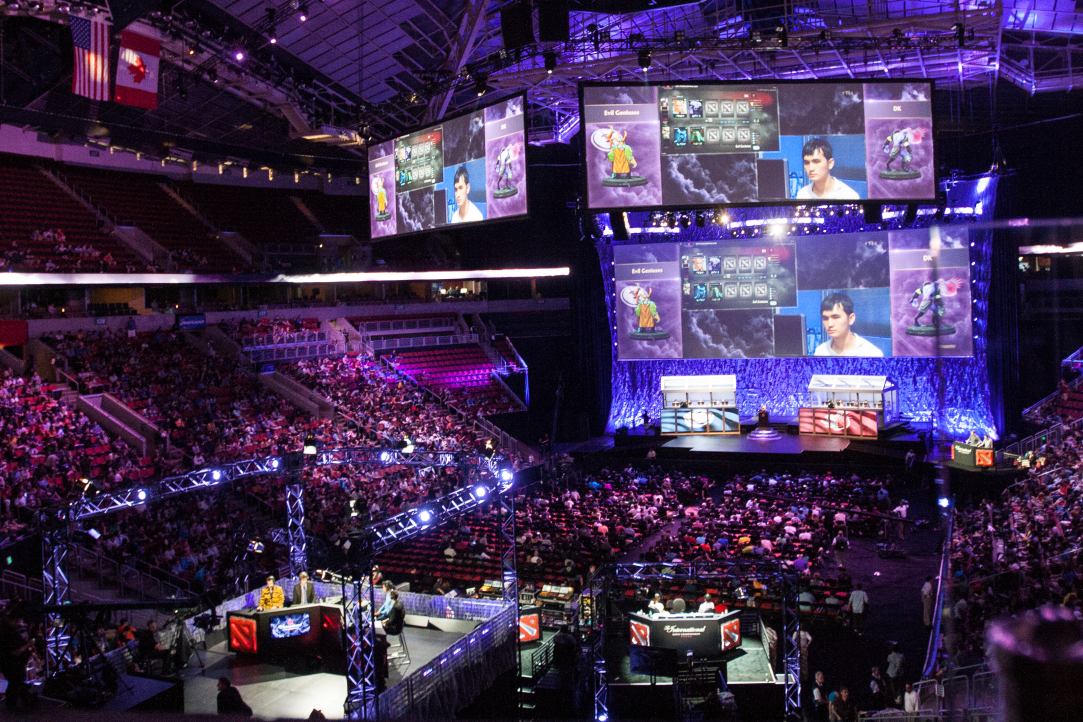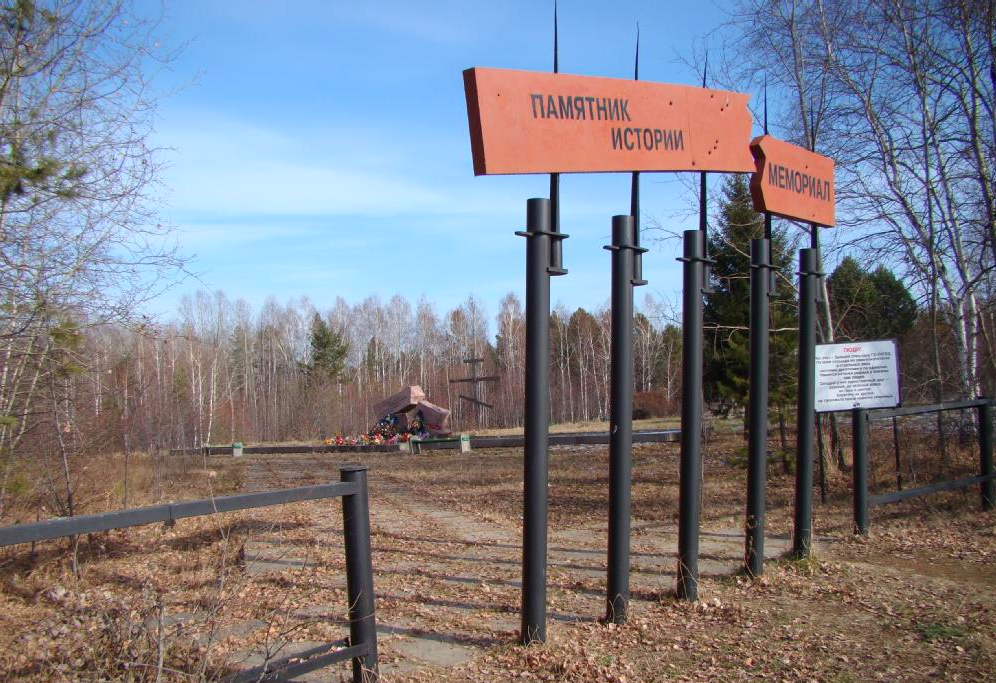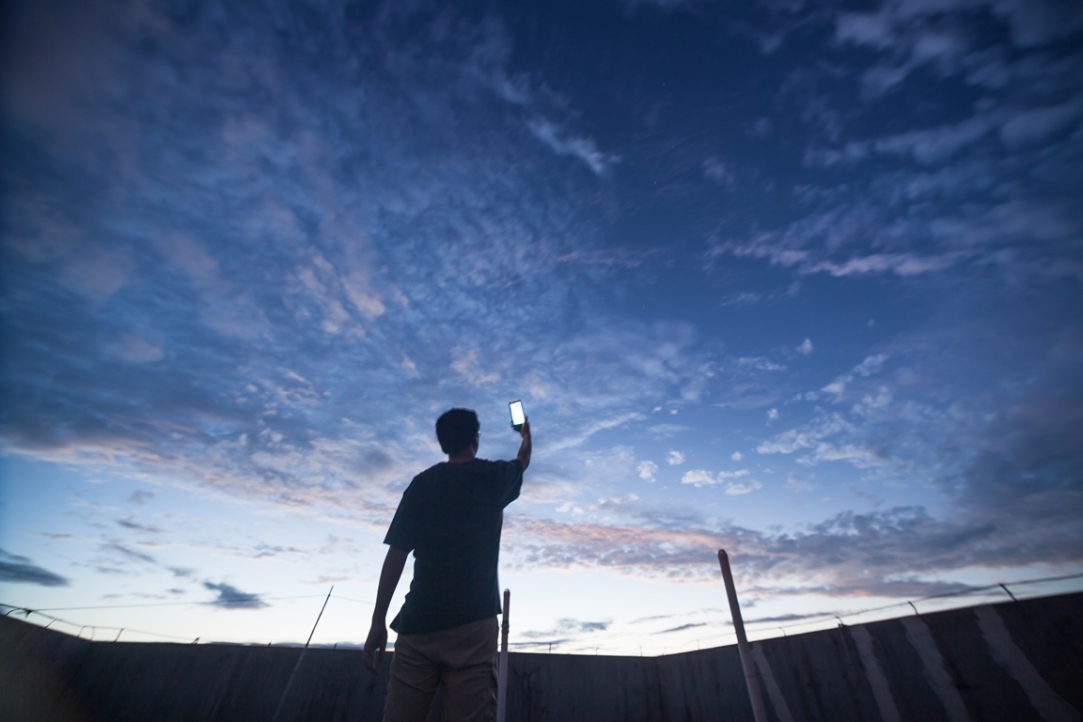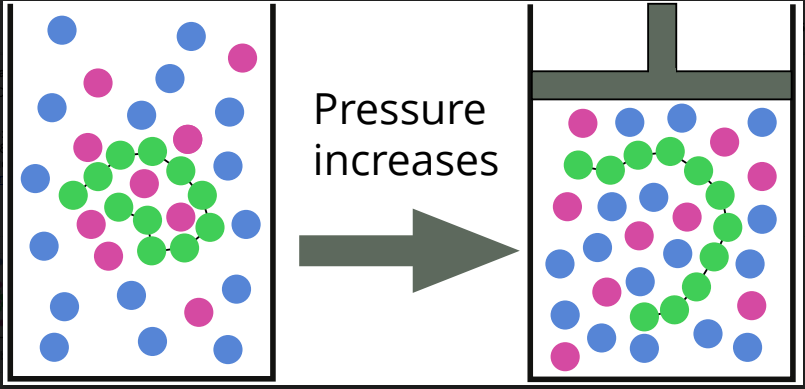
Economics of eSports
Per capita GDP can make a difference in a country’s performance in competitive computer gaming, according to a study conducted by researchers at HSE Perm. While a substantial amount of research focuses on traditional sports, few studies have so far examined eSports. Two HSE researchers examined a resource providing information on tournaments, winners and prizes – for country-level determinants of performance in competitive computer gaming.
Consuming More: Why Economic Growth Does Not Necessarily Contribute To Human Happiness
Economic growth in developed countries has a dual effect. On one hand, people's living standards and consumer spending are on the rise, but on the other hand, this does not necessarily make people happy and may in fact erode subjective wellbeing and lead to economic crises. A new study co-authored by Francesco Sarracino, HSE LCSR Senior Associate Researcher, examines the reasons behind this phenomenon.
How to Get the Most out of Foreign Investment
Researchers at the Higher School of Economics (HSE University) have revealed that Russian companies need to invest in the development of intellectual resources in order to maximize the benefits from partners in developed countries. Results of the study have been published in the journal, Knowledge Management Research & Practice.
Researchers Have Found a Link Between Earthquakes and Currency Jumps
Mathematicians at HSE have successfully demonstrated the use of a Japanese model which detects seismic activity in predicting currency risks. The research results have been published in an article entitled 'Hawkes Processes for Forecasting Currency Crashes: Evidence from Russia'.

Communisation of Death
Mass graves became a reality of the first decades of Soviet Russia: victims of the revolution, famine, epidemics, political repression, the Civil War and World War II were often buried in common rather than individual graves. Over the centuries, Russians had regarded such practice as unusual and rarely acceptable. Soviet power needed to change popular mentality and give a new meaning to mass burials for both ideological and political reasons. Svetlana Malysheva studied this phenomenon.

Smartphones Сome in Handy for the Rare Cosmic Particles Search
Researchers from the Laboratory of Methods for Big Data Analysis (LAMBDA) at the Higher School of Economics have improved their way of analyzing ultra-high energy cosmic rays (UHECR) with the use of mobile phones. The work has been carried out as part of the CRAYFIS experiment and the results were presented at the 22nd International Conference on Computing in High Energy and Nuclear Physics.
Survival Strategies for Women in a Youth-centric World
The idea of ageing well assumes that a mature individual remains active, healthy, and attractive. Society places this demand on women in particular. HSE researchers have published an article in Ageing & Society that looks at the strategies women over 50 choose.

How Neurotechnologies Impact Risk Appetite
Researchers from the Higher School of Economics have shown that by stimulating the frontal cortex, a person’s financial risk appetite can be increased temporarily. Their article on the cognitive mechanisms of risky decision-making was published in eNeuro, an international peer-reviewed scientific journal published by the Society for Neuroscience.

Scientists Learned to Predict Public Corruption with Neural Networks
Scientists from Higher School of Economics (HSE) and University of Valladolid have developed a neural network prediction model of corruption based on economic and political factors. The results of the research were published in Social Indicators Research.

Co-nonsolvency Explained: Researchers Publish Ground-breaking Findings
Researchers from the Higher School of Economics and the University of Leipzig have created a model which enables the timely and effective prediction of polymer behavior in mixed solvents. This is the first scientific work to explain, using statistical mechanics, the effect of suppression of co-nonsolvency at high pressures. The findings have been published in the journal Soft Matter.


Application deadline: June 23, 2025